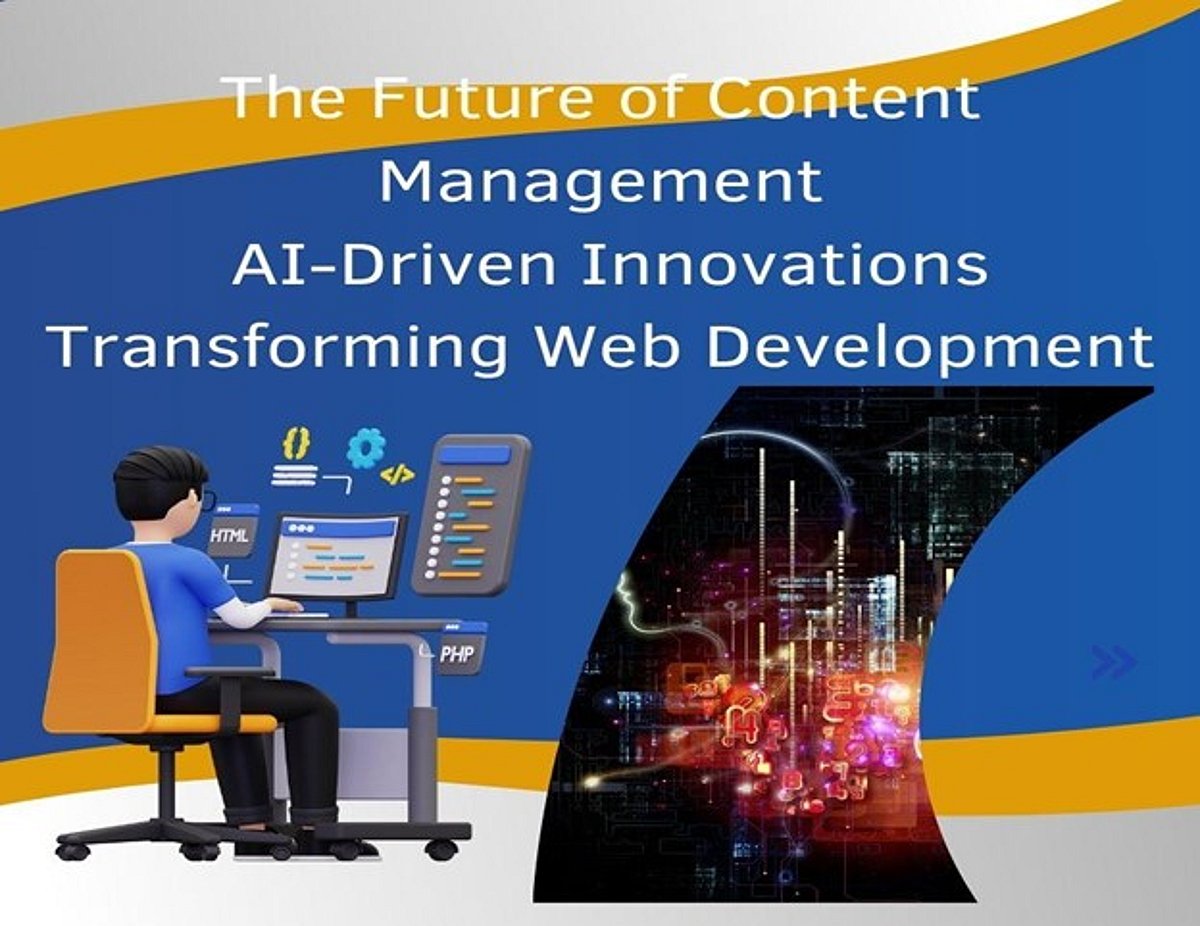From Static to Smart: The Evolution of CMS
Traditional Content Management Systems (CMS) have long served as the backbone of website management, offering structured frameworks for content creation and publication. However, they come with inherent limitations, including rigid templates and manual workflows. These challenges are being addressed by AI-driven CMS, which introduces automation and adaptability, enhancing efficiency and responsiveness to user needs.
AI-Generated Content: A Leap Towards Automation
One of the most significant breakthroughs in modern CMS platforms is the integration of AI-powered content generation. Leveraging Natural Language Generation (NLG), AI systems can automatically create text-based content, from blog posts to product descriptions. These AI-generated materials are not only coherent but also optimized for search engines, ensuring that digital platforms maintain high engagement and visibility.
Personalization: Tailoring Content for Every User
A standout feature of AI-driven CMS is its ability to deliver personalized content experiences. By analyzing user behavior, AI algorithms can tailor website content dynamically, ensuring that visitors receive information relevant to their preferences and browsing history. This level of customization enhances user engagement and boosts conversion rates across digital platforms.
Dynamic Layout Adaptation: Enhancing User Experience
AI has introduced intelligent design capabilities that allow CMS platforms to automatically adjust web page layouts based on user interaction data. By analyzing engagement patterns, these systems can optimize content placement, improve readability, and ensure seamless navigation across devices. This real-time adaptability enhances user experience and retention rates.
SEO Optimization Through Machine Learning
Search Engine Optimization (SEO) remains a crucial aspect of digital content strategy. AI-powered CMS platforms incorporate machine learning algorithms to analyze search trends, competitor strategies, and keyword relevance. These insights enable automated SEO adjustments, ensuring that content remains competitive in search engine rankings without requiring constant manual intervention.
Multilingual Capabilities: Breaking Language Barriers
Global reach requires multilingual content capabilities, which are being enhanced by AI-driven CMS. By breaking language barriers, these systems ensure that digital content is accessible to a broader audience, fostering global connectivity and expanding market opportunities.
Predictive Content Generation: Anticipating User Needs
AI-powered CMS can predict user needs before they arise, preventing potential gaps in content. For example, predicted product launches or service updates could be generated ahead of time, ensuring customer satisfaction and engagement.
Security and Compliance
AI-driven CMS must address data security concerns, including the risk of AI manipulation or data breaches. Advanced security measures are essential to safeguarding sensitive information and maintaining compliance with regulatory standards.
Scalability and Efficiency: Redefining Workflows
AI-driven CMS redefine workflows by enhancing scalability and efficiency. Companies can now handle large-scale content management with ease, reducing operational costs and improving productivity.
Future Directions: The Next Phase of AI in CMS
Emerging technologies such as quantum computing are poised to further revolutionize AI-driven CMS, offering unprecedented efficiency, security, and adaptability for the digital age. These innovations will redefine how users interact with content, enhancing both personalization and user experience across all platforms.
In conclusion, AI-driven CMS is not only transforming digital content management but also reshaping the way we engage with information in the modern world. As technology continues to evolve, so too will the capabilities of these systems, ensuring that they remain at the forefront of digital innovation and user satisfaction.
